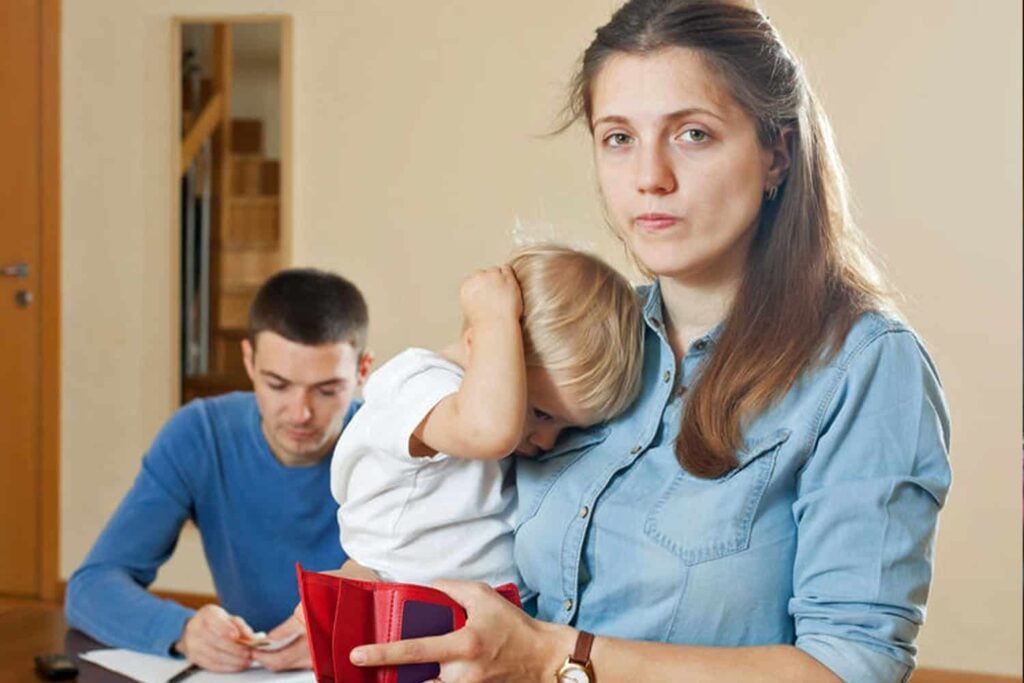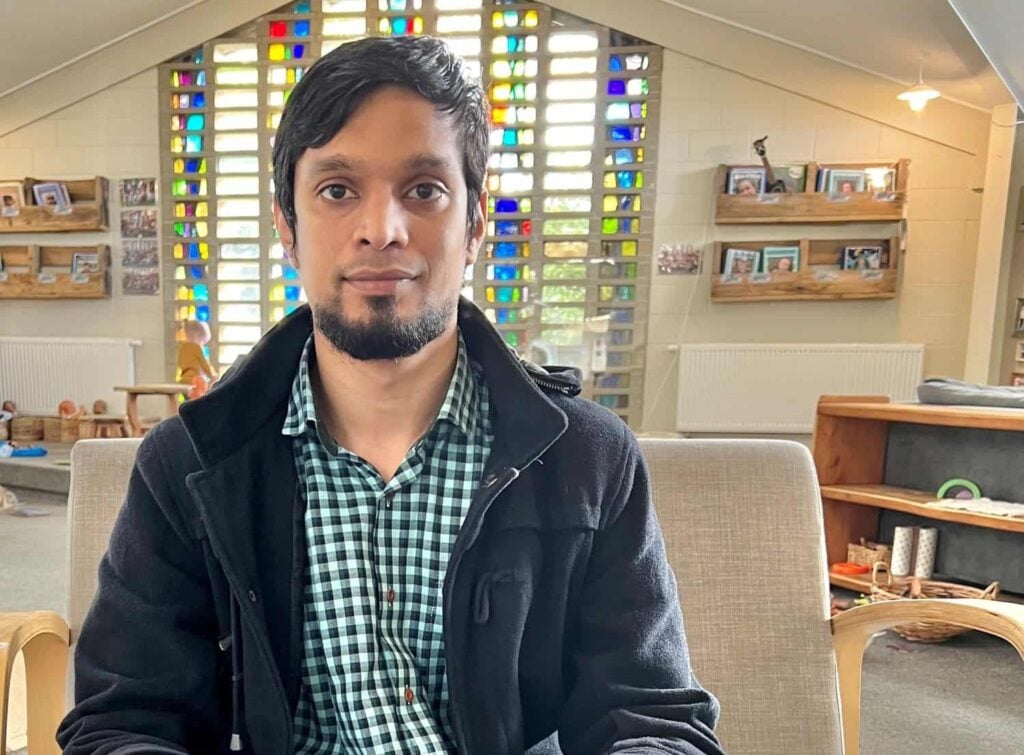Special Issue: Health and Wellbeing in Early Childhood Education Settings.
The titles, authors and abstracts for papers published in the NZ International Research in Early Childhood Education Journal, Volume 23, No. 2, 2021 are shown below. To read any article a member login is needed – join us if you are not already a member. Many libraries subscribe to the journal so you may be able to view articles through your library’s system.
Order a copy of any article
Type in below the year, volume number and author(s) of the article you wish to order. The price per copy is NZ $19. Once you have completed your order it will emailed to you within 24 hours.
Leanne Young and Sarah Gerritsen
University of Auckland, NZ
Full reference
Young, L. and Gerritsen, S. (2021). Editorial. Child health and wellbeing are inextricably linked with early education: research from across the sector. NZ International Research in Early Childhood Education Journal, 23(2), pp. 1 – 3.
Original Commentary
Wellbeing Literacy and Early Childhood Education
Lisa M. Baker, Lindsay G. Oades and Bridie Raban
University of Melbourne, Australia
Abstract
The early years for children, between birth and 5 years, are critical years for growth and learning, with life trajectory implications. Education in these early years is key for learning, development and wellbeing outcomes. Contemporary early childhood education curricula, policy and regulations internationally mandate a focus on academic achievement and wellbeing enhancement, but child wellbeing is complex and multi-dimensional. Wellbeing literacy is proposed as a necessary and relevant construct in early childhood education to facilitate and conceptualise child wellbeing. The capability model of wellbeing literacy can be contextualized for early childhood education, with child, educator and family benefits. As a ‘fresh’ theory leveraged from wellbeing science, wellbeing literacy also offers potential insights into the process of wellbeing gains for children in the early years of education.
Key words: Wellbeing, child wellbeing, wellbeing literacy, early childhood education.
Full reference
Baker, L.M., Oades, L.G., and Raban, B. (2021). Wellbeing literacy and early childhood education. NZ International Research in Early Childhood Education Journal, 23(2), pp. 4 – 19.
Original Commentary
The Wellbeing of Pacific Children and Families: Foregrounding Culture, Language, and Identity Formation in Early Childhood Education
Ali Glasgow
Victoria University of Wellington, NZ
Abstract
Optimum health and wellbeing are essential to children’s lives. In Aotearoa (New Zealand), increasing attention is paid to strategies which strengthen practice within early childhood education. Furthermore, Aotearoa is increasingly culturally, and socially diverse, and the Pacific community contributes to the rich cultural composition of Aotearoa New Zealand society. Closer inspection is needed to enable Pacific children to flourish within an education system that is primarily bound by Western theory and pedagogy. This article reports on research on Pacific cultural practices and values supporting Pacific identity and wellbeing. It examines documentation promoting greater understandings of health and wellbeing for Pacific children. Findings show pedagogical practices, processes and structures can enable or impede health and wellbeing for Pacific children and families in Early Childhood Education. Further it contends that addressing inequality in education, designed to enhance health and wellbeing, must be bounded, and foregrounded by aspirations and cultural values of the Pacific community.
Key words: Pacific children, cultural inequality, health, wellbeing, Pacific identity.
Full reference
Glasgow, A. (2021). The wellbeing of pacific children and families: foregrounding culture, language, and identity formation in early childhood education. NZ International Research in Early Childhood Education Journal, 23(2), pp. 20 – 35.
Original Research
Supporting Preschool age Children’s Wellbeing through Home-based Literacy Development in three Fijian Communities
Elspeth McInnes, Pauline Harris, Bec Neill, Alexandra Diamond (University of South Australia), Cynthia Brock (University of Wyoming, United States) and Ufemia Camaitoga (Fiji Early Childhood Teachers’ Association)
Abstract
This paper reports wellbeing outcomes for three-to-five-year-old children, their families and communities arising from 3-year Australian-funded research into ways to develop sustainable local capacity in communities in Fiji without access to childhood services to foster their preschool children’s literacy development in home languages and English. Participants included 51 children and their 44 iTaukei (Indigenous Fijian) and Indo-Fijian families in three communities. Families identified the project supported children’s sense of identity, agency, belonging and language development through improved oral expression in home languages and English, enjoyment of creating and reading books, and closer family relationships. Families and community members also said children’s confidence in learning success supported their positive attitudes to attending formal learning, and that the research process supported their collective efforts in fostering children’s literacy development along with trans-generational and cross-cultural learning.
Key words: Literacy, home language, reading, home learning, trans-generational learning, cross-cultural learning, indigenous.
Full reference
McInnes, E., Harris, P., Neill, B., Diamond, A., Brock, C., and Camaitoga U. (2021). Supporting preschool age children’s wellbeing through home-based literacy development in three Fijian communities. NZ International Research in Early Childhood Education Journal, 23(2), pp. 36 – 51.
Original Research Paper
Through the Eyes of the Puppet: Using Puppetry to Foster Children’s Sense of Wellbeing and Belonging
Olivia Karaolis and Cathy Little
University of Sydney, Australia
Abstract
In studies of health, wellbeing and children with diverse abilities, the UN Convention on the Rights of the Child is often referenced due to its emphasis on the entitlement of all children to receipt of a “full and decent life” (United Nations, 1989, p. 7). The Convention argues that all children have the right to an education that celebrates their culture and identity, maximises individual ability and which recognises the rights of children as autonomous participants in decisions about their lives. Early childhood programmes serve a pivotal role in establishing a child’s sense of wellbeing, supporting a sense of belonging by communicating the message that all children and their families are valued members of the learning community. This article tells the research story of how puppetry was used as a tool to support educators in facilitating the engagement of children in their early childhood classrooms. It illustrates, how puppetry can actively support young children’s wellbeing by encouraging positive interactions, facilitating friendships, and providing opportunities for educators to express the value of every child.
Key words: Puppetry, puppets, wellbeing, belonging, inclusion, professional learning.
Full reference
Karaolis, O. and Little, C. (2021). Through the eyes of the puppet: Using puppetry to foster children’s sense of wellbeing and belonging. NZ International Research in Early Childhood Education Journal, 23(2), pp. 52 – 62.
Original Research Paper
Educator Perceptions of Risk-taking, Safety and Resilience in the Outdoors: A Rural Early Childhood Education and Care Case Study
Elizabeth Rouse and Llewellyn Wishart
Deakin University, Australia
Abstract
The national quality agenda across the Australian early childhood education and care (ECEC) sector has led to a renewed focus on the outdoor environment as a crucial component in children’s learning and development, where many ECEC settings are redeveloping their outdoor spaces. This paper draws from a study investigating outcomes for children arising from a redesign of one outdoor environment in an ECEC setting, located in rural New South Wales (NSW), Australia, that purposefully incorporated affordances to support children to take risks in their play. Using Rogoff’s planes of analysis, this study highlights that an educator’s enactment of a purposeful pedagogy of beneficial risk-taking is informed by their own lived experiences and the surrounding culture of their professional practice context. This study illustrates that educator attitudes to children’s risk-taking in active outdoor play are not simply shaped by overarching regulatory discourses of safety and supervision. Rather, educators may be apprenticed into ways of thinking and acting that reflect the cultural consensus of their specific context of practice. In this case a (rural) communal culture that valued risk-taking in children’s outdoor play and saw children as capable of making judgements about their risk-taking behaviour.
Key words: Risky play, active play, outdoor environments, early childhood pedagogy, affordances, Rogoff’s planes of analysis.
Full reference
Rouse, E. and Wishart, L. (2021). Educator perceptions of risk-taking, safety and resilience in the outdoors: a rural early childhood education and care case study. NZ International Research in Early Childhood Education Journal, 23(2), pp. 63 – 77.
Original Synthesis of Evidence
Raising Healthy Kids: A Scoping Review for Feeding Practices in NZ Early Childhood Education Centres
Gabrielle Orr
Auckland City Hospital, NZ
Abstract
Early childhood is considered a key window of opportunity for developing healthy eating habits. Dietary behaviours acquired from parents and caregivers during the early years of life are known to shape an individual’s relationship with food as they grow into adulthood. Many children in Aotearoa (New Zealand) spend a significant amount of time in early childhood education (ECE) programmes. This presents a strong rationale to provide guidance for teaching staff to support the eating behaviours of children in their care. The aim of this scoping review was to highlight key feeding practices applicable to ECE services food policy and guidelines and their inclusion in nutrition education programmes for teaching staff. Between December 2020 and June 2021, a literature search was conducted to identify peer-reviewed research related to feeding practices and eating behaviours of young children. This informed four key recommendations; 1) teaching staff allow children to decide how much to eat, 2) a meal routine is maintained, 3) staff familiarise children with food in a pressure-free environment, and 4) staff role-model healthy eating behaviours. For successful implementation and adherence to these feeding practices further mahi (work) must be conducted in collaboration with teaching staff and whānau to support sustainable systems change.
Key words: Healthy eating, feeding practices, nutrition, food, meal routine.
Full reference
Orr, G. (2021). Raising healthy kids: A scoping review for feeding practices in NZ early childhood education centres. NZ International Research in Early Childhood Education Journal, 23(2), pp. 78 – 90.









